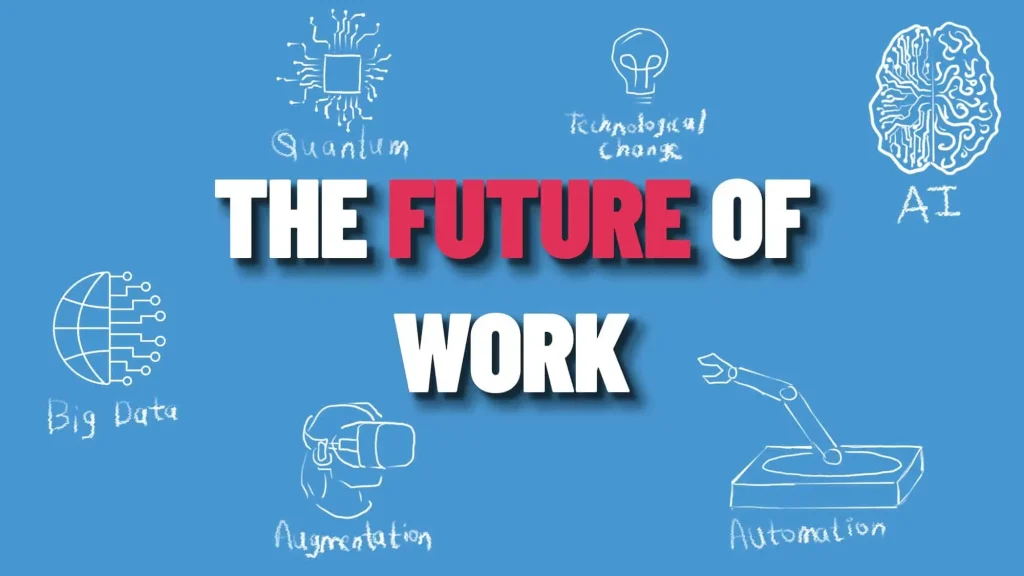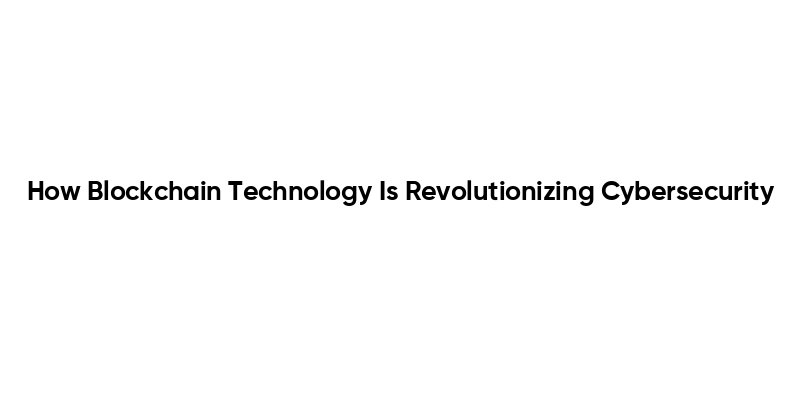The Future of Work is reshaping how organizations operate, driven by technology, demographics, and evolving business needs. As tools evolve, automation in the workplace is taking on repetitive tasks, allowing people to focus on creativity and strategy. AI in the workplace augments decision-making, while digital transformation provides the platforms that connect data, people, and processes. A strong emphasis on reskilling and upskilling helps teams adapt to new roles, supported by remote work technology that keeps collaboration seamless. This shift isn’t about replacing workers; it’s about expanding possibilities and creating more meaningful, flexible careers.
Seen from another angle, the labor landscape is shifting toward a collaborative future where people and intelligent systems work side by side. This broader interpretation embraces workplace modernization, cloud-enabled operations, and data-informed decision making that underpins progress. As teams experiment with flexible structures and remote collaboration, the emphasis moves from task ownership to capability development and cross-functional insight. By presenting the topic in these terms, we tap into the semantic relationships that help search engines understand the overall theme while keeping the message clear for readers.
Future of Work Unlocked: How Automation, AI, and Digital Transformation Redefine Roles
The Future of Work is being shaped by automation in the workplace and AI in the workplace, accelerating digital transformation across functions and creating more meaningful collaboration between people and intelligent systems.
As organizations embed automation and AI into everyday workflows, roles evolve into blended jobs that emphasize creativity, problem-solving, and strategic thinking, with remote work technology enabling distributed teams to stay connected.
Preparing for a Flexible Workforce: Reskilling, Upskilling, and Remote Work Technology in Practice
Reskilling and upskilling are essential as technology shifts task ownership. Training programs focused on data literacy, cybersecurity basics, and AI concepts empower employees to navigate automation in the workplace and participate in digital transformation.
Remote work technology underpins flexible work arrangements, supporting continuous learning and collaboration. Organizations should provide accessible pathways for ongoing development, including micro-credentials and hands-on projects, to sustain a resilient, future-ready workforce.
Frequently Asked Questions
What is the Future of Work and how do automation in the workplace and AI in the workplace reshape job roles?
The Future of Work describes how technology, people, and processes intersect to create more flexible and productive work. Automation in the workplace and AI in the workplace work alongside humans to handle repetitive tasks and analyze data, freeing people to focus on creativity, problem-solving, and strategy. Rather than replacing workers, this shift redefines roles, blending technical, analytical, and interpersonal skills. To thrive, organizations should invest in reskilling and upskilling, foster a continuous learning culture, and design workflows that leverage both human judgment and automated capabilities.
What steps can organizations take to succeed in the Future of Work by embracing digital transformation and remote work technology?
Organizations should pursue a strategy-first approach to digital transformation, selecting tools and initiatives that align with clear business goals and measurable ROI. Invest in scalable cloud platforms and robust remote work technology to enable secure, real-time collaboration across distributed teams. Pair these technologies with governance, data literacy, and a comprehensive reskilling and upskilling plan so workers can adapt to new workflows. Finally, invest in change management and employee experience to sustain adoption as work becomes more flexible in the Future of Work.
| Aspect | Key Points |
|---|---|
| Drivers of Change | Automation in the workplace; AI in the workplace; digital transformation; demographic shifts; remote work technology. |
| Redefining Roles | Blended jobs; human–machine collaboration; specialization and adaptability. |
| Roadmap to Digital Transformation | Strategy-first deployment; scalable architectures; data-driven decision making; customer-centric processes. |
| Skills, Learning, and Reskilling | Continuous learning; targeted reskilling programs; accessible learning pathways; transferable skills. |
| Remote Work Technology and Collaboration | Collaboration platforms; security and trust; work-life integration; global talent access. |
| Organizational Strategy and Leadership | Governance and ethics; workforce planning; change management; employee experience. |
| Industry Illustrations | Manufacturing, Healthcare, Finance, Education, Retail and hospitality. |
| Challenges | Digital divide; job displacement concerns; data ethics and governance; cybersecurity. |
| Practical Steps for Individuals | Invest in core skills; targeted training; experimentation; build a digital portfolio; leverage mentors. |
Summary
Future of Work describes how technology reshapes jobs and roles by augmenting human capabilities and enabling smarter collaboration across organizations. It emphasizes that automation and AI shift, not eliminate, work, and that digital transformation, remote work technology, and continuous reskilling are essential for staying relevant. Success comes from blending human creativity with machines, fostering a culture of learning, and practicing strong governance and security. As industries evolve, organizations should plan strategically, invest in people, and design work that leverages the strengths of both humans and intelligent systems. The Future of Work is a collaborative journey where technology amplifies human potential and opens new, meaningful career possibilities.



